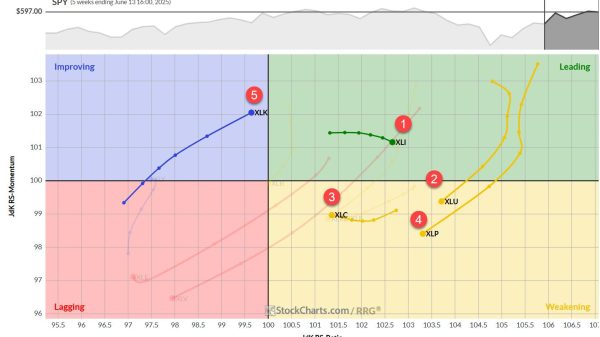Economic Efficiency: Global Markets Slip. Why’s That?
In the world of finance, economic efficiency is a key goal for businesses and investors alike. However, recent developments have shown that various economic factors affecting business can influence market trends and overall economic sustainability. As global markets experienced a slip due to concerns related to the economic cycle and the concept of a linear economy, the need for economic efficiency became more pronounced. Let’s delve into how these factors are shaping the current financial landscape.
Economic Factors Affecting Business Weigh on Markets
The recent slide in European stocks and oil prices indicates a complex interplay of economic factors affecting business. Manufacturing activity in the eurozone and China contracted, raising questions about the economic cycle and the potential implications for businesses operating in the region. Despite attempts to bolster economic sustainability by cutting prices, slumping demand has been a challenge for factories, leading to market losses and volatility.
The Shift Towards a Linear Economy
Moreover, the ongoing global transition towards a linear economy has triggered both opportunities and challenges for businesses. Companies adopting sustainable practices are making strides in ensuring economic efficiency while addressing environmental concerns. At the same time, those lagging behind may face competitive disadvantages in a market increasingly focused on sustainability.
Investors Remain Cautiously Optimistic
Amidst these changes, investors remain cautiously optimistic, recognizing the need to balance short-term gains with long-term economic efficiency. The potential end to U.S. rate hikes supports a positive outlook, but caution arises from uncertainties in China’s post-pandemic recovery and the impacts of shifting economic factors affecting business.
Market Fluctuations and Impact on Stocks
Losses in European stocks (.STOXX) deepened by 0.6%, reversing some gains from the previous month. UK stocks (.FTSE) turned negative, losing 0.4%. Meanwhile, HSBC (HSBA.L) climbed by 3%. It announced a $2B share buyback and raised its key profitability target. The dollar jumped to a three-week peak against the yen. Traders contemplated the Bank of Japan’s recent adjustment to its yield curve control, as well as its potential implications for monetary policy. Wall Street futures indexes seemed ready to open lower by 0.3%. At the same time, the MSCI world equity index, which tracks stocks in 47 countries, dropped by 0.2%.
Oil Prices and the Quest for Economic Sustainability
Oil prices traded near a three-month high following sign of tightening global supply and reduced output from producers. Additionally, demand in the United States, the world’s largest fuel consumer, remained resilient. Brent crude futures plummeted by 0.5% to $84.99, losing ground during London trading. Energy firm BP (BP.L) added 1.8%. The company boosted its dividend by 10% after reporting a Q2 profit of $2.6B.
Remaining Positive Amid Economic Challenges
Despite the challenges posed by economic factors affecting business, many investors remain positive. Sandrine Perret, portfolio manager at Unigestion, noted that markets are currently focusing on the bright side of the puzzle, adding that the market reaction after the Fed rally last week has been really strong and resilient.
As global markets navigate the complexities of the current economic cycle, we cannot overstate the importance of economic efficiency. Businesses must adapt to the evolving demands of a changing world, including the shift towards a linear economy, to ensure economic sustainability. Despite the challenges posed by economic factors affecting business, there are opportunities for growth and success. By embracing sustainable practices and being attuned to market shifts, companies can enhance their resilience and contribute to a more stable and prosperous global economy.
The post Economic Efficiency: Global Markets Slip.Why’s That? appeared first on FinanceBrokerage.























